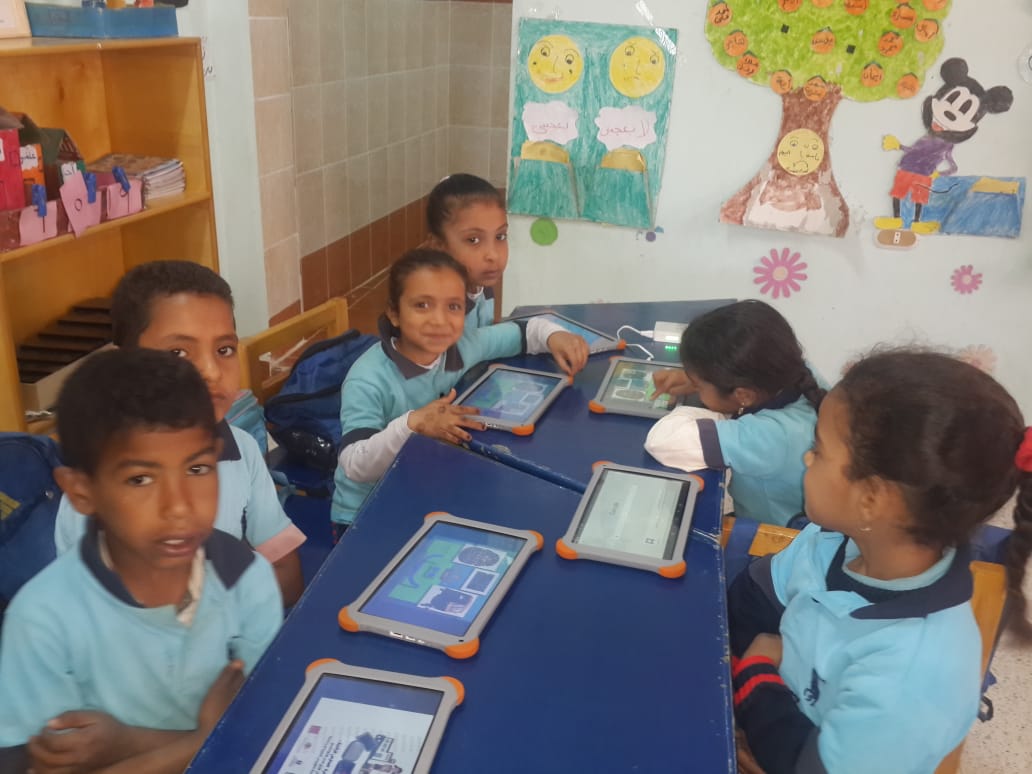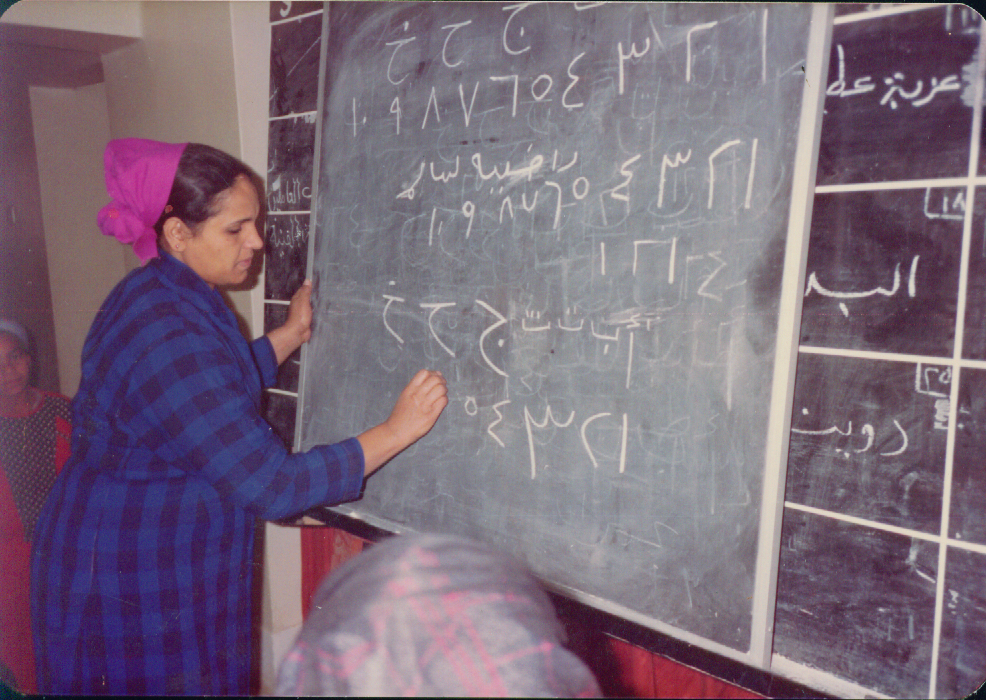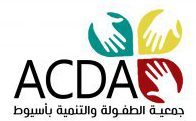Since 1995, ACDA showed great interest in the area of Education, believing in its importance in changing and developing communities, so it has taken Education as an approach to development, it was the first step to implement its various projects in the deprived villages. ACDA has adapted a special type of education, which is the community education. It has established community schools that commensurate with the nature of villages that are deprived of educational services. Then it worked on developing these schools to cope with technology till they turned to be digital schools.
Likewise, ACDA hasn’t overlooked the early childhood because of its importance in building the child personality, so it established kindergarten halls in the needy communities.
Moreover, ACDA expanded its work to include areas such as reducing dropout in governmental schools and opening literacy classes.

Since 1995 till now, ACDA has established 150 community school, in 7 districts in Assiut, 15 community school in Sohag, and 15 community school in Qena and 15 community school in Assiut to offer education opportunities to children in the areas which are deprived of educational services as well as to provide an educational model that corresponds to the nature of the environment in which these schools are located. These schools accommodated 24000 student.

The initiative aims at contributing to the development of the educational process in “schools for Egypt” for 49- community school in Assiut, Sohag, Qena, and Cairo, to help 1470 students use information technology.
since 2009, ACDA endeavored to grant children aged 4 – 6 years the right to education. So ACDA has established 186 kindergartens halls that applies the national standards for quality in the villages and hamlets of Assiut Governorate. These halls accommodate 5580 children annually through the partnership of local CDAs in the target communities. Moreover, ACDA worked on developing the National standards for quality for kindergartens.

Reducing Drop-out rates in public schools

From 2000 till 2003, in cooperation with UNICEF, ACDA worked on reducing the dropout from education. The project aimed at creating a community mechanism for monitoring and early detection of dropouts and preserving the educational opportunity available for girls. ACDA implemented the project in the framework of partnership with the local community, Governmental bodies, religious institutions, businessmen, through forming a network that provides direct support to female students and their families.
Target groups
- Schoolgirls who are enrolled in third, fourth and fifth grade in public schools.
- Families of the girls who at risk of dropout
- Staff in the education sector who have a direct daily contact with the schoolgirls such as class leader, social worker and headmaster.
literacy

Since 1993 ACDA works on literacy area.
In 1993, ACDA opened 10 classes in 10 villages in Assiut, and 215 persons aged from 13 to 50 years completed their first level studies. the success rate was 94%, then the second level curriculum was taught, and the success rate was 80 %.
The program accomplished many achievements; where some of the students got jobs using the literacy certificate, others were joined the preparatory school.
In 1995, ACDA opened 10 more literacy classes. In 2005, the association resumed literacy activities in cooperation with the Social Fund for Development and the General Authority for Adult Education, by opening 8 classes.
ACDA also participated in the initiative of Assiut Governor (Assiut without Illiteracy) to reduce illiteracy rate at Assiut.
The literacy program encountered some difficulties; few students refused to have the first level exam and some refused to continue studying after passing the level test for several reasons ( marriage – change of place – family conditions – work), books delay for a long time – the difficulty of second level curricula.

